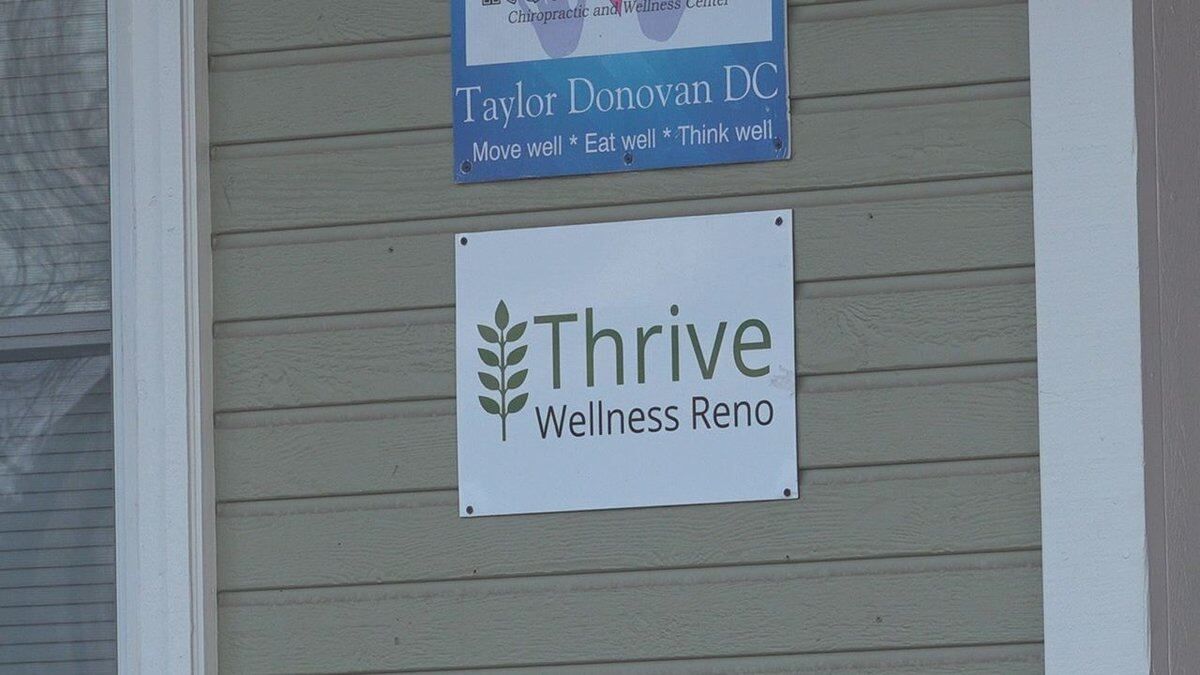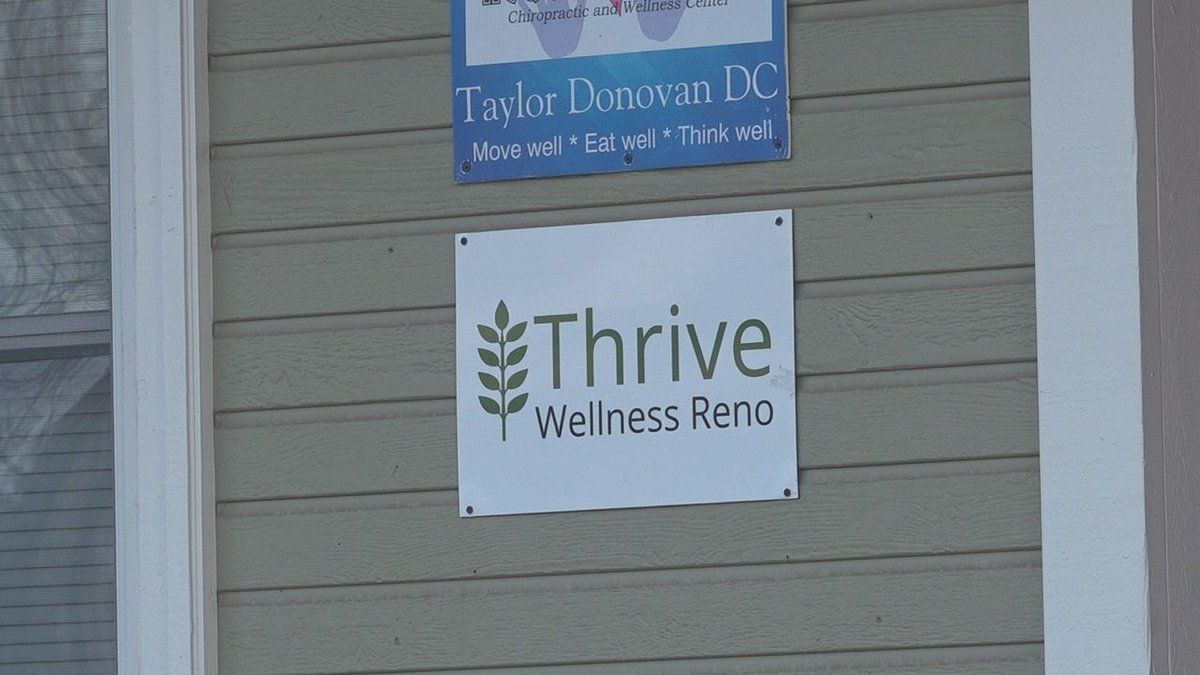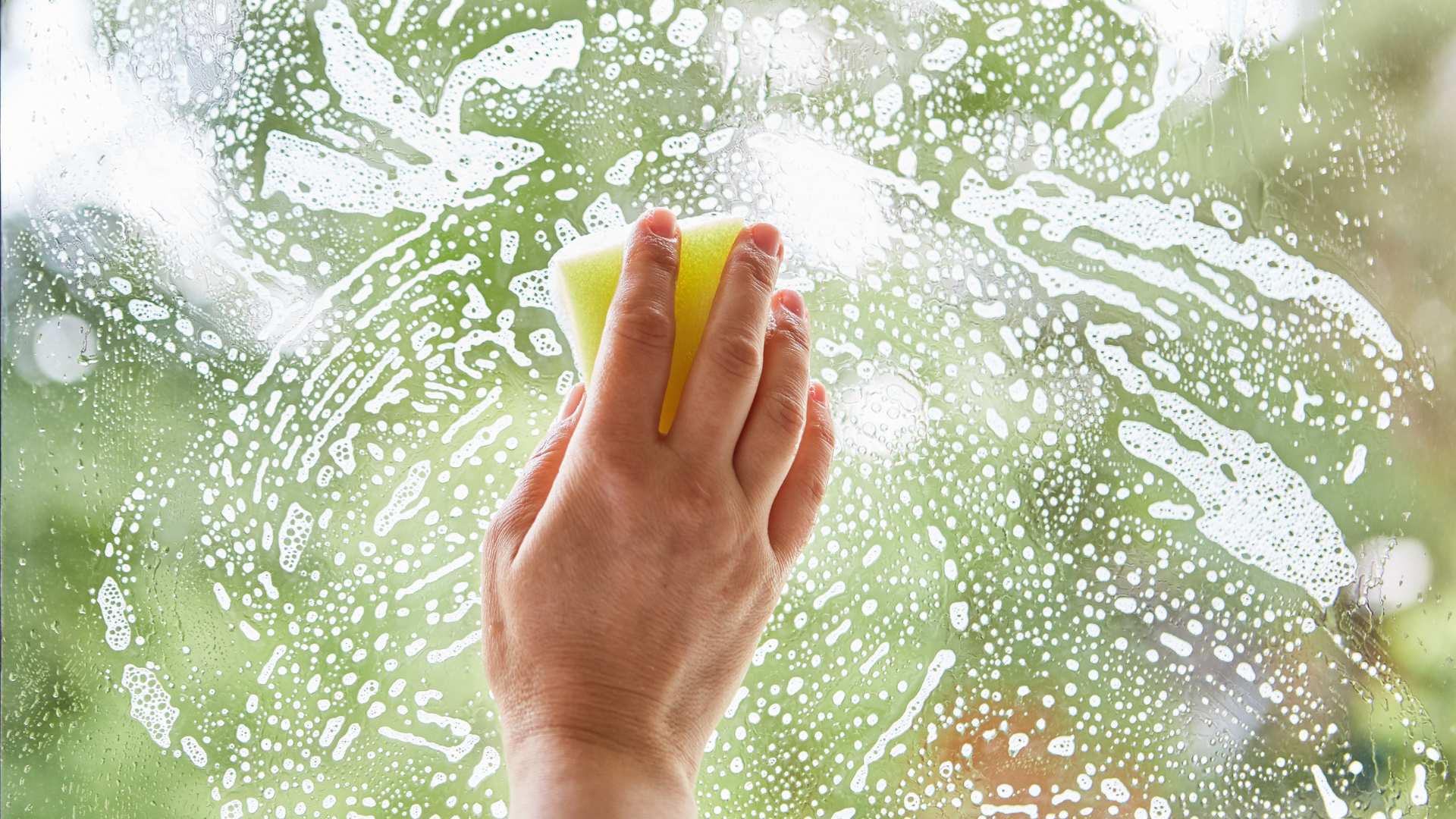RENO, Nev. (KOLO) – A popular New Year’s resolution amongst many is to diet and exercise more. Although it can be a positive life change, an eating disorder specialist said certain behaviors can be dangerous.
“It is very probable that some of those people making New Year’s resolutions are going to be struggling and suffering from maladaptive eating and exercise behaviors,” Kat Geiger, founder of Thrive Wellness Reno and eating disorder specialist, said.
She said an eating disorder can develop at any time, but it is especially important this year. Geiger explained because of the pandemic, many people have been cooped up for the last several months and are itching to get moving around.
“A lot of things have been out of our control, and that really is what an eating disorder is about. It’s about, ‘I’m struggling to find a sense of control in my life so I’m going to find a way to control something which is food, movement, and my body,’” Geiger said.
Geiger explained one in ten people will develop an eating disorder, and a lot of the time it goes unnoticed because people don’t realize the behavior they are participating in is unhealthy.
“A lot of times you don’t realize you have an eating disorder until someone presents you with a different behavior and then all of the sudden you’re craving whatever that eating disorder behavior was whether that’s over-exercising or restricting certain food groups,” Geiger said.
Geiger said many people go undiagnosed because it is typically a gradual habit that people start slipping in to. She said wanting to live a healthy lifestyle is great, but do not let it get to the point where it becomes obsessive.
“Everything in moderation, right? If you sit there and obsess over chocolate M&M’s and you never allow yourself to have chocolate M&M’s, that is probably not healthy and we want to be able to enjoy things in moderation,” Geiger said.
She encourages you to check in on loved ones if you notice anything that might be off or unusual because they could be struggling with something that you don’t know about.
“Maybe this is a friend you’ve had for a really long time but for some reason, they just won’t eat with you. Or maybe they disappear to the bathroom immediately following meals, or maybe even when they’re a little bit sick, they don’t miss a day at the gym. These are all big warning signs that your friend might be struggling,” Geiger said.
Geiger said if you or anyone you know is struggling with an eating disorder, Thrive Wellness Reno provides free consultations.
Copyright 2021 KOLO. All rights reserved.
https://www.kolotv.com/2021/01/12/new-years-resolution-raises-concern-for-possible-eating-disorders/










